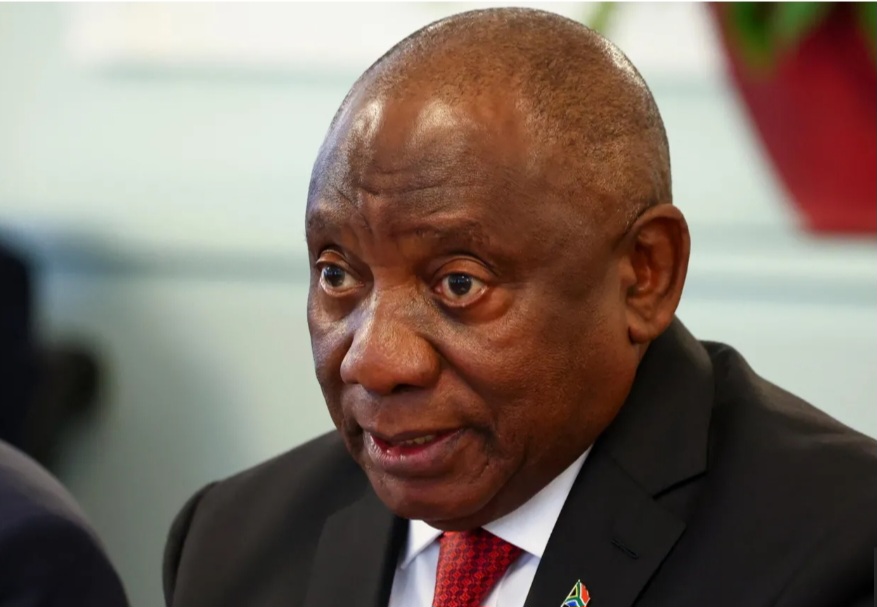
Ofure Akhigbe
South Africa’s government says it has received distress calls from 17 citizens who joined mercenary forces fighting in the Russia–Ukraine war and are now trapped in Ukraine’s war-torn Donbas region. President Cyril Ramaphosa made the disclosure in a statement issued on Wednesday, November 5, ordering an investigation into how the men were recruited into “these seemingly mercenary activities.”
The men, aged between 20 and 39, are believed to have been lured under false pretences of lucrative employment contracts to take part in the Russia–Ukraine war. The statement did not specify which side of the conflict the South Africans were fighting for.
Working as a mercenary or fighting for a foreign government is illegal under South African law unless authorised by the state.
Presidential spokesman Vincent Magwenya said the government is engaging through diplomatic channels to secure the men’s safe return. He confirmed that 16 of them are from KwaZulu-Natal and one from the Eastern Cape.
“President Ramaphosa and the South African government strongly condemn the exploitation of young vulnerable people by individuals working with foreign military entities,” Magwenya added.
South Africa’s unemployment rate exceeds 30%, and is even higher among the youth — a factor analysts say leaves many susceptible to deceptive recruitment schemes linked to the Russia–Ukraine war.
The revelation comes amid increasing reports of Africans being lured into the Russia–Ukraine war through fake job offers and online recruitment. In August, the South African government warned young women against social media job offers abroad, particularly in Russia.
A BBC investigation found that young women had been trafficked to the Alabuga Special Economic Zone in Russia’s Republic of Tatarstan to work in drone factories. It is estimated that more than 1,000 women from Africa and South Asia have been recruited to work in Alabuga’s weapons facilities.
In September, Kenyan police said they had rescued over 20 people from a suspected trafficking ring that offered fake jobs in Russia but intended to send them to fight in the Russia–Ukraine war.
Ukraine has also been criticised for recruiting foreign nationals, including Africans, to join its military. In 2022, Senegal’s foreign ministry summoned Kyiv’s ambassador after Ukraine’s embassy posted a Facebook call for foreign volunteers. Nigeria also issued a warning, forcing Ukraine to withdraw the post.
Meanwhile, Africa Corps — a Russian mercenary group controlled by the Russian Defence Ministry — has replaced the Wagner Group in much of West Africa following the death of its leader, Yevgeny Prigozhin, in a plane crash last year. Analysts say the group’s growing presence in Africa could deepen the continent’s indirect involvement in the Russia–Ukraine war.
